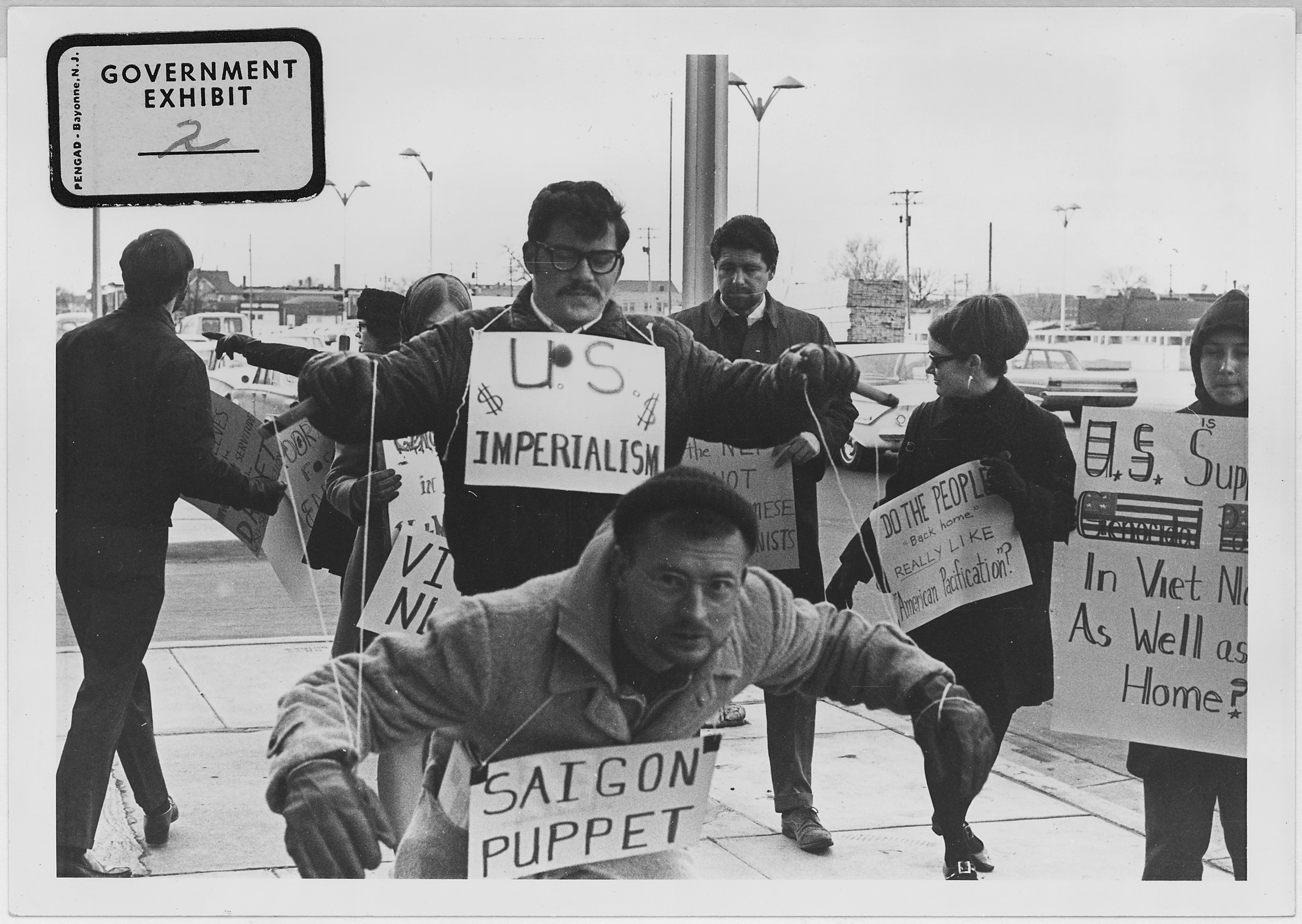
by Roy Eidelson
There are many others, but what I’ve described are ten important examples of the mind games that war profiteers have used and will use to pursue their aims. Because these appeals often have the ring of truth even though they’re as flimsy as a conman’s promises, combating them can be daunting. But we shouldn’t be discouraged. Scientific research on the psychology of persuasion offers a guide to how we can hold firm against the war machine’s self-serving propaganda.
One key is what psychologists call “attitude inoculation.” The basic idea comes from the familiar public health approach used to prevent contracting and spreading a dangerous virus. Consider the flu vaccine. When you get a flu shot, you’re receiving a modest dose of the actual influenza virus. Your body responds by building up antibodies, which will prove essential in fighting off the full-blown virus if it later attacks as you go about your daily life. A flu shot doesn’t always work, but it improves your odds of staying healthy. That’s why we’re encouraged to get one each year before the flu season begins.
Consider, then, that the war profiteers’ mind games are similarly like a virus, one that can “infect” us with false and destructive beliefs. Here too, inoculation is the best defense. Having been warned that this “virus” is heading our way—spread by the enormous megaphones of the military-industrial complex—we can become vigilant and prepare ourselves for the onslaught by learning to recognize these mind games and by building and practicing counterarguments to them.
For example, contrary to the claims of warmongers, the use of military force often makes us more vulnerable, not less: by multiplying our enemies, placing our soldiers in harm’s way, and distracting us from other pressing needs. Likewise, military action can be a profound injustice in its own right—because it kills, maims, and displaces untold numbers of innocent people, with many becoming refugees, and because it drains resources from critical domestic programs. So too, distrust of a potential adversary is hardly sufficient grounds for military assault, especially when opportunities for diplomacy and negotiation are prematurely pushed aside. And when it comes to superiority, unilateral aggression certainly doesn’t represent the best of our values, and it often diminishes our image and influence in the world beyond our borders. Finally, there’s a proud history of non-violent civil resistance, with successes large and small, and it shows us that the people—educated, organized and mobilized—are far from helpless against even unbridled and abusive power.
Counterarguments of this sort—and there are many—are the “antibodies” that we need when we’re faced with all-out mind game assaults from the war machine and its supporters. Just as importantly, once we’ve inoculated ourselves against them, we’re able to become “first responders” by actively participating in the crucial discussions and debates that are necessary to persuade others that it would be worth their while to try looking at the world differently from the way the war profiteers want us all to see it. In these conversations, it’s especially important for us to emphasize why representatives of the war machine want us to cling to certain beliefs, and how they are the ones who benefit when we do. In general, when we encourage skepticism and critical thinking in this way, it makes us less susceptible to misinformation from those looking to take advantage of us for their own selfish purposes.
I’ll conclude by briefly quoting two very different people. First, returning to West Point, there’s this from a cadet who graduated over a hundred years ago: “Every gun that is made, every warship launched, every rocket fired signifies, in the final sense, a theft from those who hunger and are not fed, those who are cold and are not clothed.” That was retired General Dwight Eisenhower, shortly after being elected President in 1952. And second, the late anti-war activist Father Daniel Berrigan reportedly gave the shortest high school graduation speech ever in New York City. All he said was this: “Know where you stand, and stand there.” Let’s do that together. Thank you.
More articles by:Roy Eidelson

Roy Eidelson, PhD, is a past president of Psychologists for Social Responsibility, a member of the Coalition for an Ethical Psychology, and the author of POLITICAL MIND GAMES: How the 1% Manipulate Our Understanding of What’s Happening, What’s Right, and What’s Possible. Roy’s website is www.royeidelson.com and he is on Twitter at @royeidelson.



